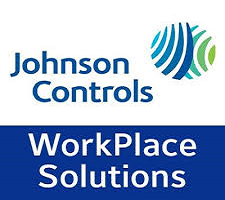November 20, 2014
Gender pay gap at lowest point in history, reports ONS
 The gender pay gap is now at its lowest point in history, with more women in work than ever before. According to new statistics by the Office for National Statistics (ONS) the pay gap has reduced by 0.7 percentage points over the past year to 19.1 per cent, and for those in full-time work the gender pay gap has reduced to almost zero for those under 40. Action is being taken to tackle one of the reasons for the pay gap – career breaks, often to raise a family by extending flexible working to all employees, and from next year, tax-free childcare and shared parental leave will come into effect. However, one of the main causes of the gender pay gap is that men tend to work in better paid sectors to women so a range of measures are being introduced to help women move from low-paid, low-skilled work into higher paid, higher skilled work. This includes a new £2 million training and mentoring programme of events for women, including those working part-time and older workers, to be carried out by the UK Commission for Employment and Skills. This will target women working in the science, technology, engineering and maths (STEM), retail and hospitality management and agricultural sectors.
The gender pay gap is now at its lowest point in history, with more women in work than ever before. According to new statistics by the Office for National Statistics (ONS) the pay gap has reduced by 0.7 percentage points over the past year to 19.1 per cent, and for those in full-time work the gender pay gap has reduced to almost zero for those under 40. Action is being taken to tackle one of the reasons for the pay gap – career breaks, often to raise a family by extending flexible working to all employees, and from next year, tax-free childcare and shared parental leave will come into effect. However, one of the main causes of the gender pay gap is that men tend to work in better paid sectors to women so a range of measures are being introduced to help women move from low-paid, low-skilled work into higher paid, higher skilled work. This includes a new £2 million training and mentoring programme of events for women, including those working part-time and older workers, to be carried out by the UK Commission for Employment and Skills. This will target women working in the science, technology, engineering and maths (STEM), retail and hospitality management and agricultural sectors.























